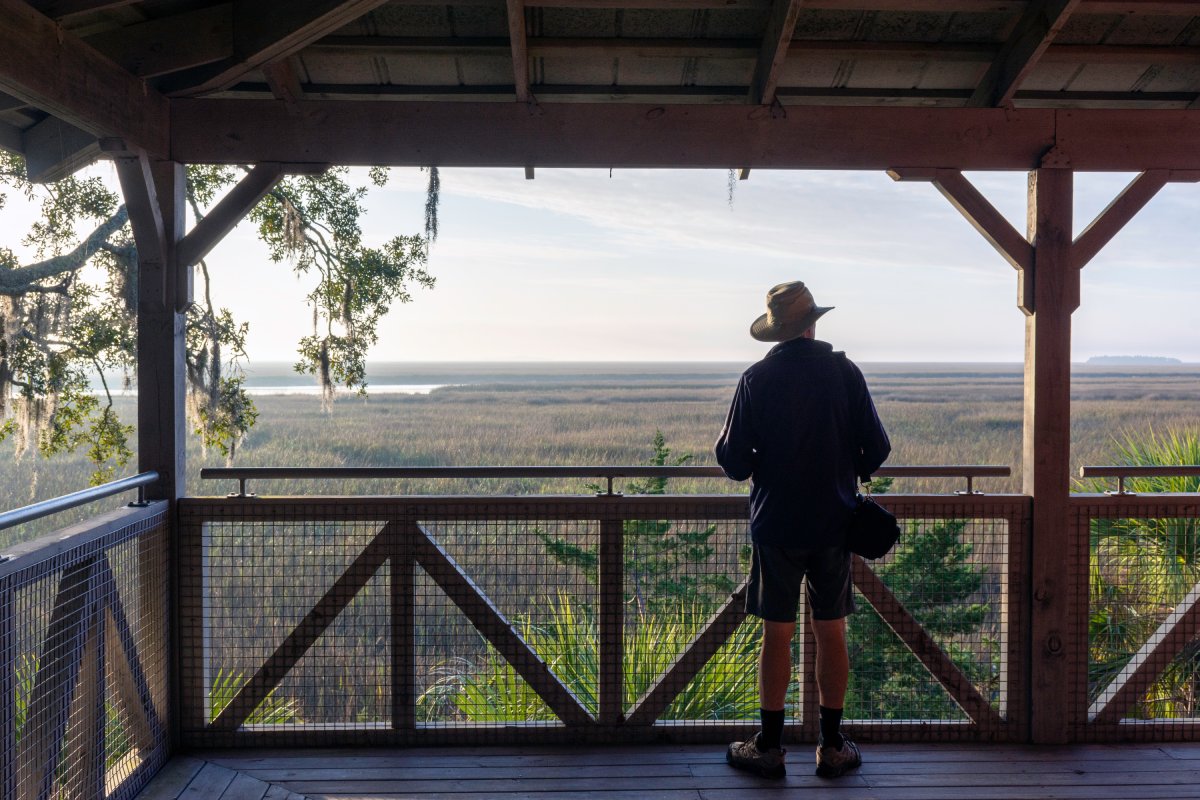Black-Inhabited Gullah Geechee Islands in U.S. Fight for Tourism on Own Terms

Skift Take
Gullah Geechee communities are turning tourism into an empowering force that can help keep them in control of their ancestral lands and stories while preserving and sharing their unique heritage.
Gullah Geechee traditionally lived on the coastal areas and sea islands of Georgia, South Carolina, North Carolina and Florida. They are descendants of West and Central Africans slaves brought to cultivate rice, cotton and indigo. Because of their remote locations away from white domination through and since the Civil War, they’ve maintained a distinctive culture, art, cuisine, music and language that retained much of its African influence. There are an estimated one million Gullah Geechee people.
They have been gradually losing their lands to outsiders over decades, a trend that has accelerated in recent years. Attracted to the land’s pristine beaches, climate and environment, developers have come to build resorts, residential houses, gated communities and golf courses in many areas. Local and state governments have also taken land through eminent domain to build infrastructure.
In some cases, developments were buil

